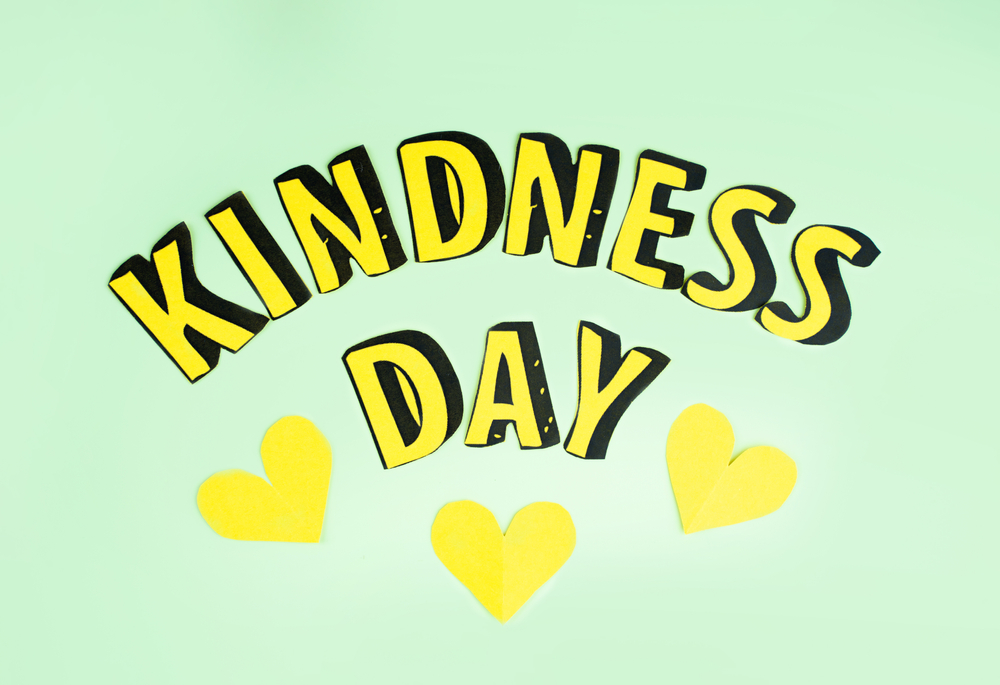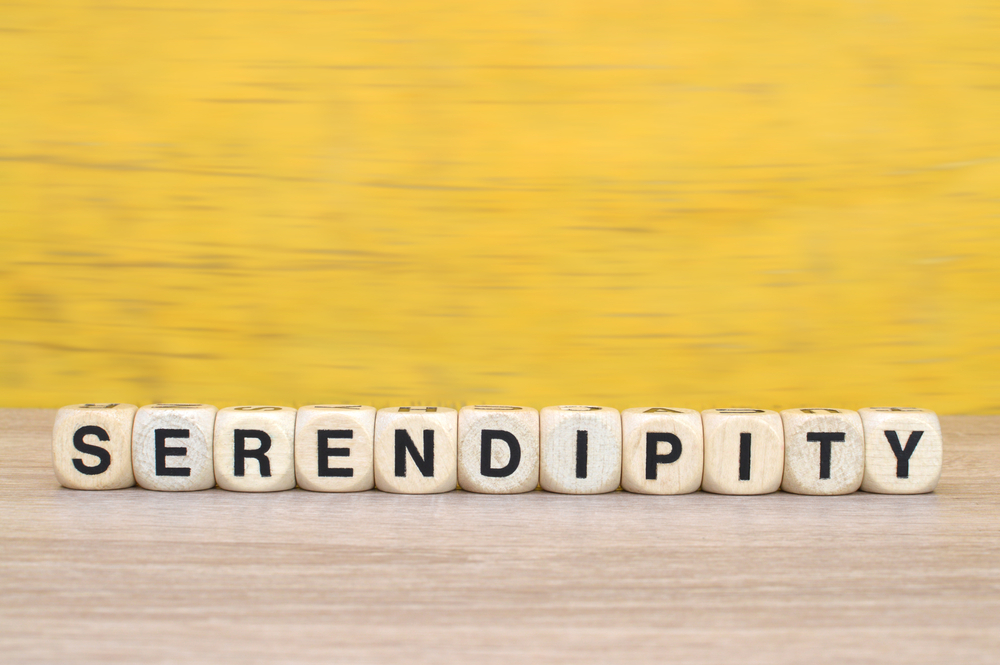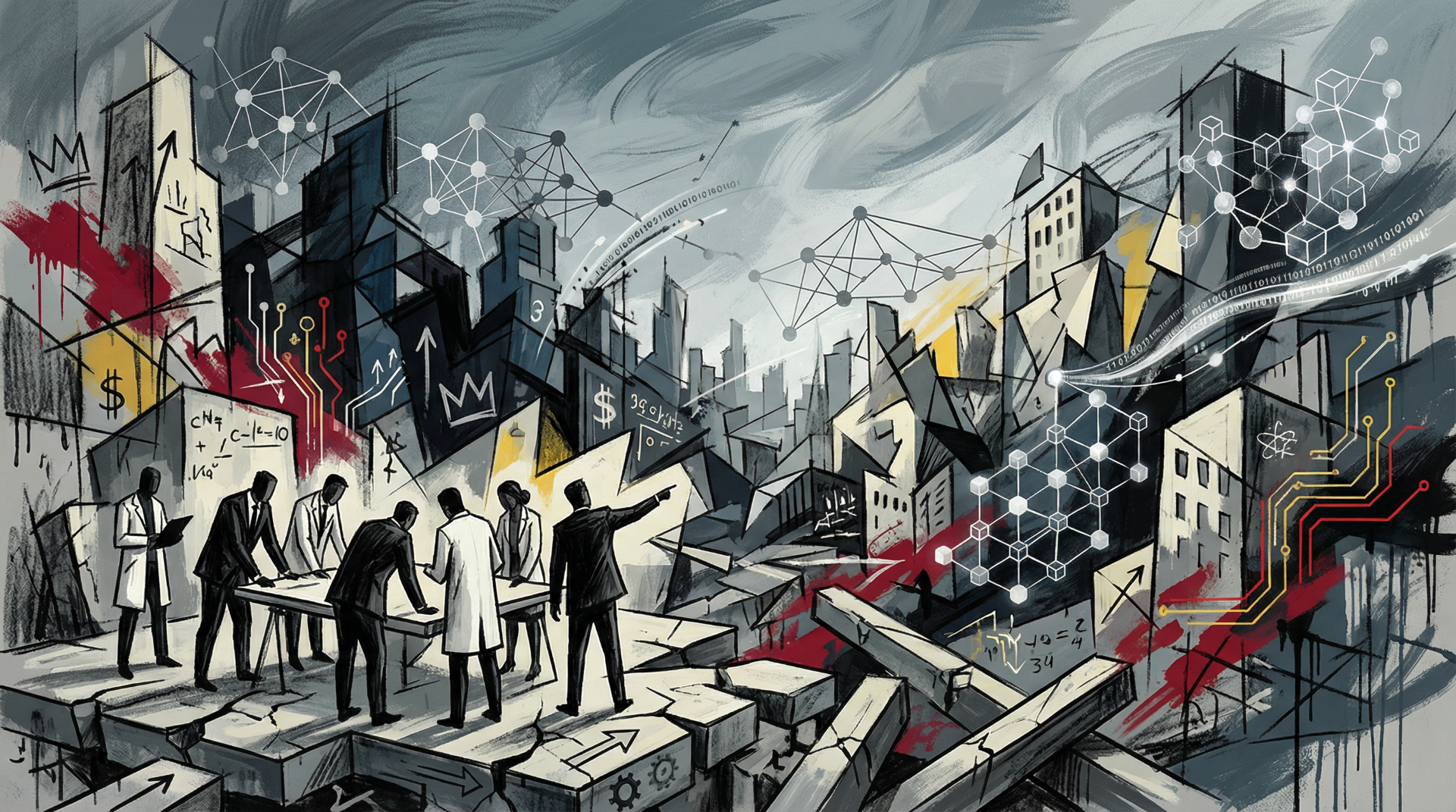By Stephen DeAngelis
Last month, I was more than a little dismayed to read an article by pop culture journalist Callie Holtermann in which she reports that some people on social media “are arguing that bullying deserves a second look.”[1] She adds, “A chorus of people online has been arguing, with varying levels of sincerity, that today’s young people could stand a dose of adolescent viciousness. … The videos are just one manifestation of a cultural pendulum swing away from gentleness and accommodation and toward provocation and hostility.” Media critic Joanna Schroeder told Holtermann, “There is a sense of: Our children are so weak because we’ve protected them too much, and our society is falling apart because of cancel culture. … We have pushed back so hard against cancel culture and political correctness that now we’re enthusiastically mocking disabled children.” According to the website stopbullying.gov, “There are three types of bullying:
[1] Verbal bullying. “Verbal bullying is saying or writing mean things. Verbal bullying includes: teasing; name-calling; inappropriate sexual comments; taunting; [and] threatening to cause harm.”

[2] Social bullying. “Sometimes referred to as relational bullying, [social bullying] involves hurting someone’s reputation or relationships. Social bullying includes: leaving someone out on purpose; telling other children not to be friends with someone; spreading rumors about someone; and embarrassing someone in public.”
[3] Physical bullying. “Physical bullying involves hurting a person’s body or possessions. Physical bullying includes: hitting/kicking/pinching; spitting; tripping/pushing; taking or breaking someone’s things; and making mean or rude hand gestures.”
Is that really the kind of society in which we want to live? I hope not. Today is World Kindness Day. It is an international observance introduced in 1998 by the World Kindness Movement, a coalition of kindness NGOs from nations. It is a day to remind ourselves that being kind is a better path to happiness and well-being.
The Inspire Kindness Team writes, “Kindness is defined as the quality of being friendly, generous, and considerate. But kindness means so much more ... Kindness can mean different things to different people. The meaning is in how YOU choose to show it. Be it through empathy, acceptance, kind gestures, or thoughtfulness, the possibilities are entirely up to you. Kindness might look like being helpful or showing empathy. It may mean doing nice things without expecting nice things in return.”[2] The Team goes on to explain, “Kindness is more than being nice. ... Think about it — would you prefer people to describe you to be ‘kind’ or ‘nice?’ There can be a lack of sincerity in just being nice; there is often a perception of doing the minimum. Whereas, being kind is doing intentional, voluntary acts of kindness. Not only when it’s easy to be kind, but when it’s hard to be.”
We know that kindness is good for those on the receiving end; however, the Mental Health Foundation staff reports that it is also good for those who practice kindness. They write, “We're all familiar with the saying ’ it's better to give than receive’. What might surprise you is that this is actually backed up by research. Those of us who are kind and compassionate experience clear benefits to our well-being and happiness. We may even live longer. Kindness also helps reduce stress and improve our emotional well-being.”[3] They add, “With everything that's going on in the world, now is the time to help make a kinder society that improves our mental health.”
There is a lot of discussion nowadays about the great political divide and culture wars. Nevertheless, when disasters strike, people on both sides of the so-called culture war have demonstrated remarkable acts of kindness. The Mental Health Foundation staff insists, “Kindness should be built into business decisions, government policy, and other official systems in a way that supports everyone’s mental health and also reduces discrimination and inequality. That can start with individual commitments to showing kindness in our words and our actions.”
They add, “Studies have found that acts of kindness are linked to increased feelings of well-being. Helping others can also improve our support networks and encourage us to be more active. This, in turn, can improve our self-esteem. There is some evidence to suggest that when we help others, it can promote changes in the brain that are linked with happiness. … Helping others is thought to be one of the ways that people create, maintain, and strengthen their social connections. For example, volunteering and helping others can help us feel a sense of belonging, make new friends, and connect with our communities.”
Some scholars have argued that we are born to be kind. Michael Karlin, an Assistant Professor of Psychology at Life University, and Brendan Ozawa-de Silva, an Associate Teaching Professor at Emory University, explain, “As with all mammals and birds, we are not self-sufficient at birth, or even for several years thereafter. … Therefore, this basic need for care means that even on a cellular level — deep within our biology and physiology — we respond to kindness. We are interdependent and our bodies know it.”[4]
Dacher Keltner, a U.C. Berkeley psychology professor, observed that Charles Darwin argued “that sympathy is our strongest instinct, sometimes stronger than self-interest,” and “that it would spread through natural selection, for ‘the most sympathetic members, would flourish best, and rear the greatest number of offspring.’”[5] Keltner then asked, “Given all the awful things humans do to each other, how could you make the case that sympathy is our strongest instinct?” The question is as pertinent today as it was over a dozen years ago. His response to that question is answered in the following video.
As opposed to the arguments for bullying found in Holtermann’s article, Keltner writes, “Forget what you’ve been told about compassion — that it’s unnatural, that it’s for suckers. Compassion is essential to our evolutionary history, it defines who we are as a species, and it serves our greatest needs as individuals — to survive, to connect, and to find our mates in life.” World Kindness Day is a good time to reflect on the kind of society we want and the kind of human we want to be. The late Fred Rogers once stated, “Imagine what our real neighborhoods would be like if each of us offered, as a matter of course, just one kind word to another person.” Try it. You may like it.
Footnotes
[1] Callie Holtermann, “A Campaign to ‘Bring Back Bullying’,” The New York Times, 6 October 2025.
[2] Staff, “Kindness 101: What Is Kindness and How Do You Teach It?” Inspire Kindness.
[3] Staff, “Kindness matters guide,” Mental Health Foundation.
[4] Michael Karlin and Brendan Ozawa-de Silva, “The Science, Theory and Practice of Kindness: A Brief Overview,” The Blue Dot, Issue 9, 2018.
[5] Dacher Keltner, “The Compassionate Species,” Greater Good Magazine, 31 July 2012.








